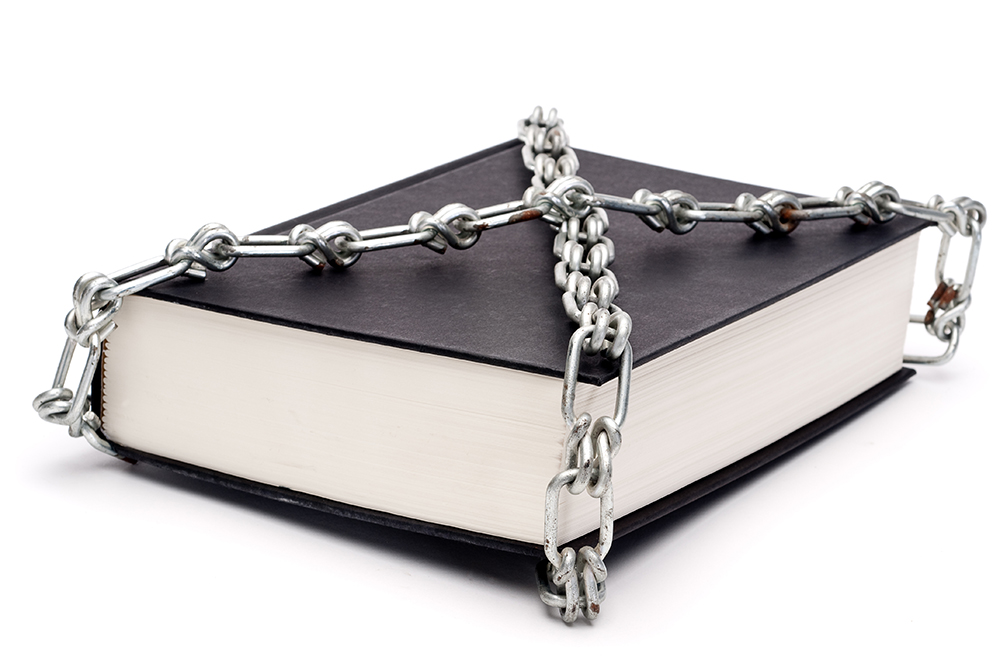In middle school, one of my teachers assigned the novel All Quiet on the Western Front by Erich Maria Remarque. The book is fiction, but it gives a fairly accurate account of how horribly dehumanizing trench warfare was for WWI soldiers.
Of course, there are chapters dealing with what you might expect — snipers, charges across No Man’s Land, gas attacks. Beyond the more apparent atrocities of war, All Quiet on the Western Front spends time on the poor quality of the food the soldiers eat, the sorry state of the latrines, the mind-numbing boredom between attacks. Almost as much as the violence, those seemingly mundane details drive home the book’s message. War is hell. It strips everyone involved of their humanity.
Similarly, in Kurt Vonnegut’s Slaughterhouse-Five, when he writes that Billy Pilgrim, then a prisoner of war, “shit thin gruel,” I was struck by the horror of having so little control over one’s body, over what and when one ate.
Some might protest the use of a four-letter word in a book often read by high schoolers or that so much time and attention is devoted to bowel movements, but they’re missing the point. When a student is told about millions of people dying or being subjugated, the scope of the horror is too big to grasp. But when you’re confronted with someone who’s not allowed to dress themself or decide when they will relieve themself, you realize without a doubt that those people were denied even the barest semblance of dignity.
I write this because of the McMinn County School Board’s unanimous decision to remove Art Spiegelman’s graphic novel about the Holocaust, Maus, from the curriculum, ostensibly because of a drawing of mouse genitalia and some profanity. The logic seems to be that a drawing of an anthropomorphic mouse’s private parts and the occasional swear word is obscene and will make children uncomfortable.
I would find their explanation a little more believable if Tennessee weren’t already leading the charge against what some erroneously call “critical race theory” and others might more accurately describe as world and U.S. history and the myriad ways systemic racism continues to impact current social and economic structures.
Let’s speak plainly. This is not about protecting children. It is a clear and concerted effort to control the lens of history, to center white Christians in every narrative, whether or not they were the victims. It is inherently authoritarian and nationalistic, and it is dangerous. If your teaching of the Holocaust or the system of American slavery or the Trail of Tears isn’t, at times, obscene, then it is failing miserably to convey the horror and dehumanization of those atrocities. It is, in short, laying the groundwork for future acts of barbarism.
Scant weeks ago, worshipers in a Texas synagogue were held at gunpoint. Even now, a Jewish couple in Tennessee is suing the state’s Department of Children Services after being denied as potential foster parents, a step on the way to adopting a child with disabilities, because the agency “only provide[s] adoption services to prospective adoptive families that share our belief system.” Among the more bizarre examples of anti-Semitism is the QAnon belief in the Deep State, a conspiracy theory which has its roots in 20th-century European prejudice against Jewish people. Just days ago, Florida Gov. Ron DeSantis danced around calls for him to condemn Nazi demonstrations in Orlando. DeSantis’ spokeswoman Christina Pushaw wondered if the demonstrators were “even Nazis.” They were waving fucking swastikas, so my guess is yes. So let’s please not act as though these issues are no longer with us here in the 21st century. Hatred is alive and well. It’s big business for some people, and we must use every tool available to combat it, to help today’s young people understand history and develop empathy.
Some will point out that Maus is now a bestseller on Amazon, which is nice, but it’s not the same thing as the book being made readily available to students. Not everyone has access to Amazon or Barnes & Noble; not everyone can afford a new copy of a graphic novel.
If our kids are strong enough to sit through active shooter drills, they’re strong enough to confront the past. We owe it to them to teach them about the horrible things humanity has done, and we must remember that learning about the Holocaust should make them uncomfortable.
We must be honest about our past sins, or we’ll soon have even more atrocities to add to some future curriculum.
